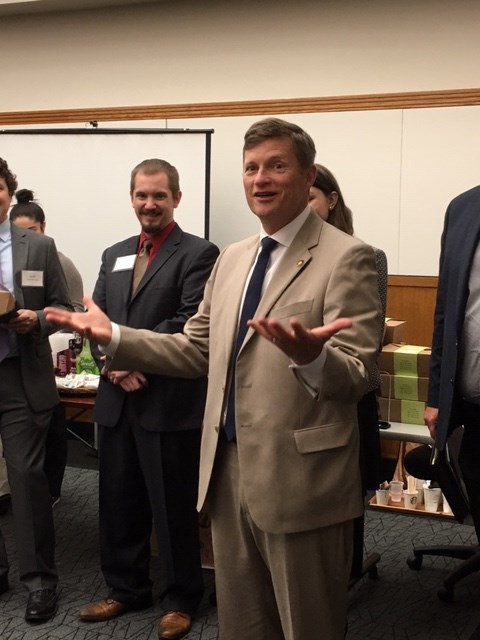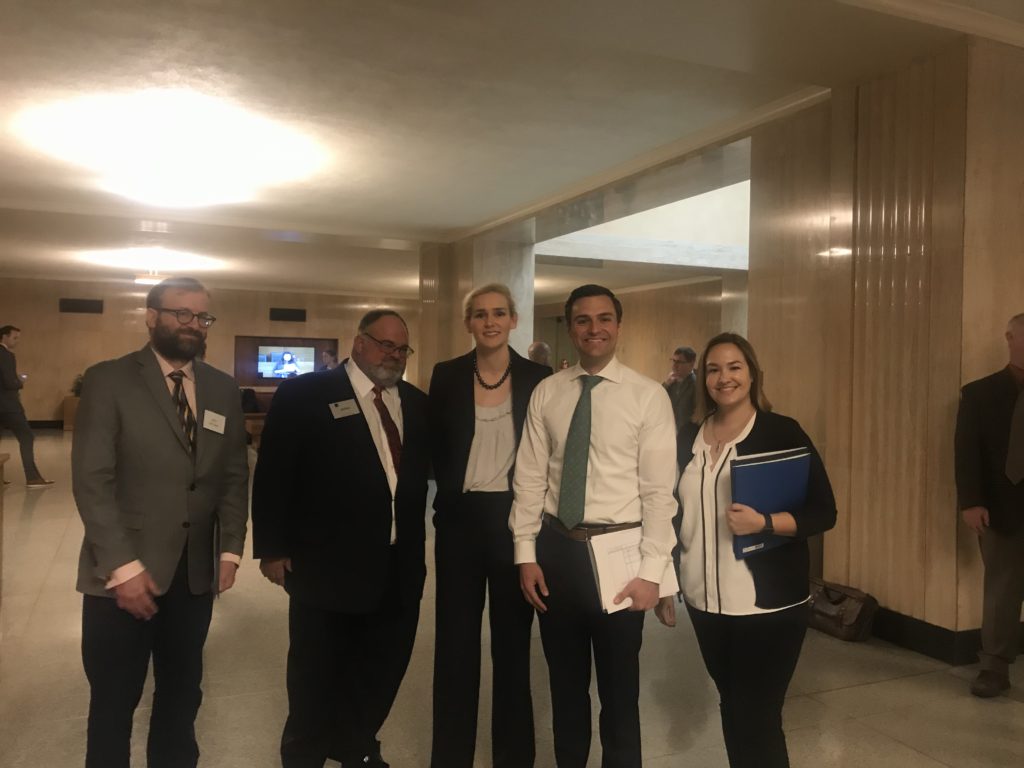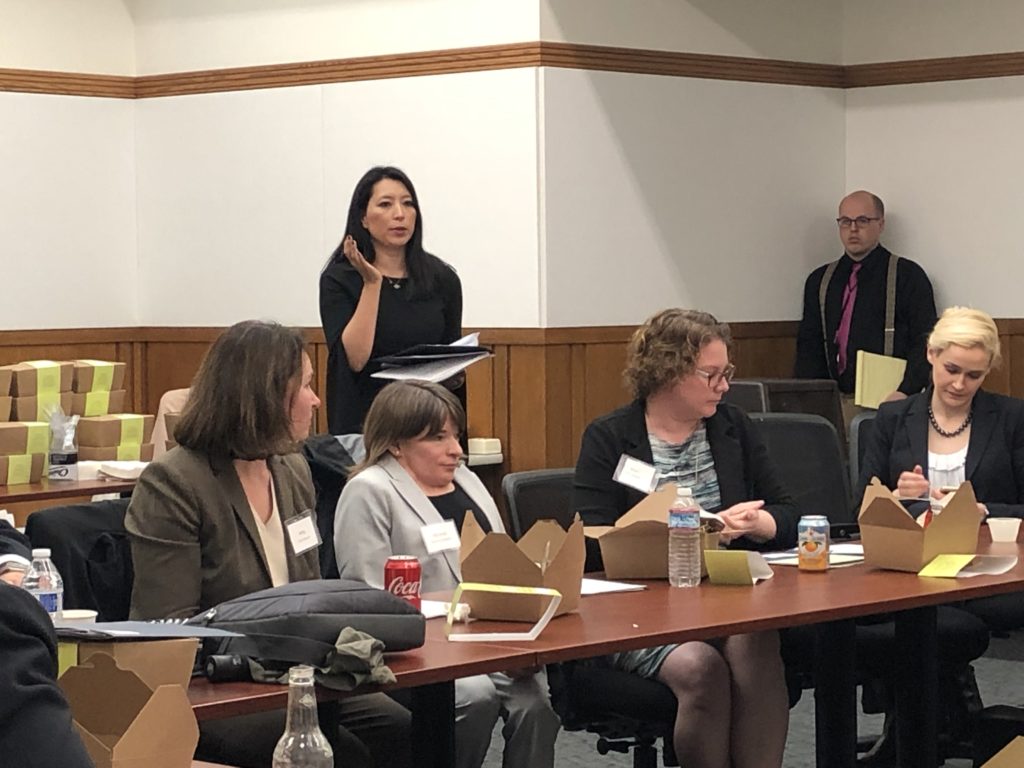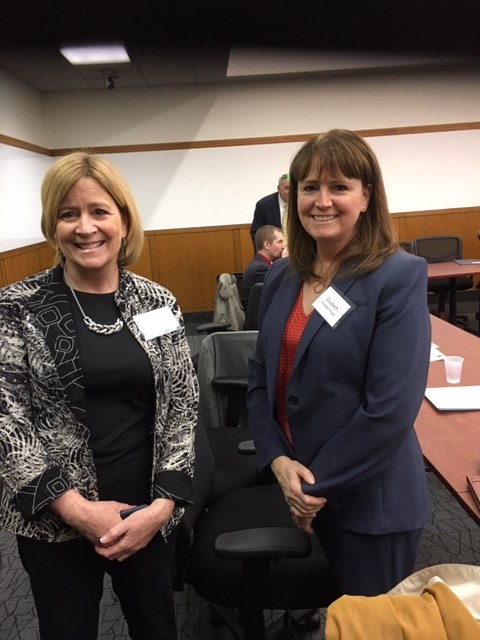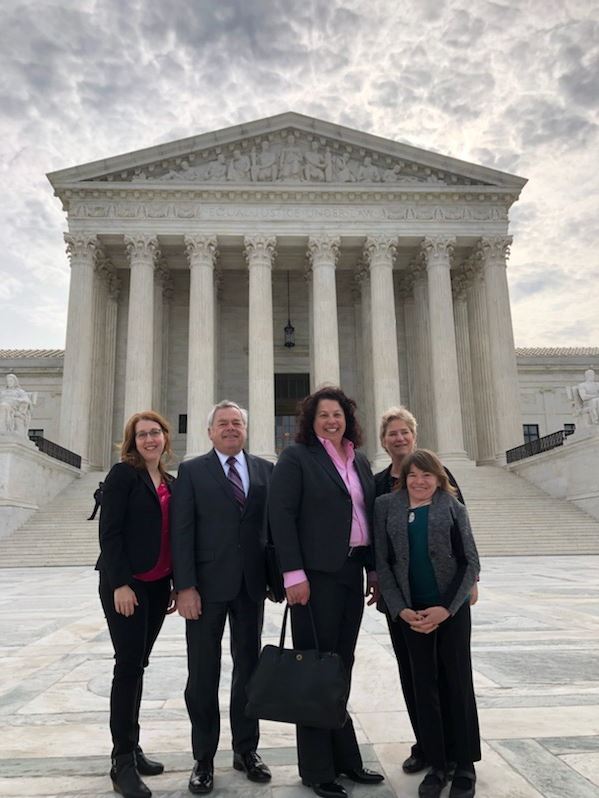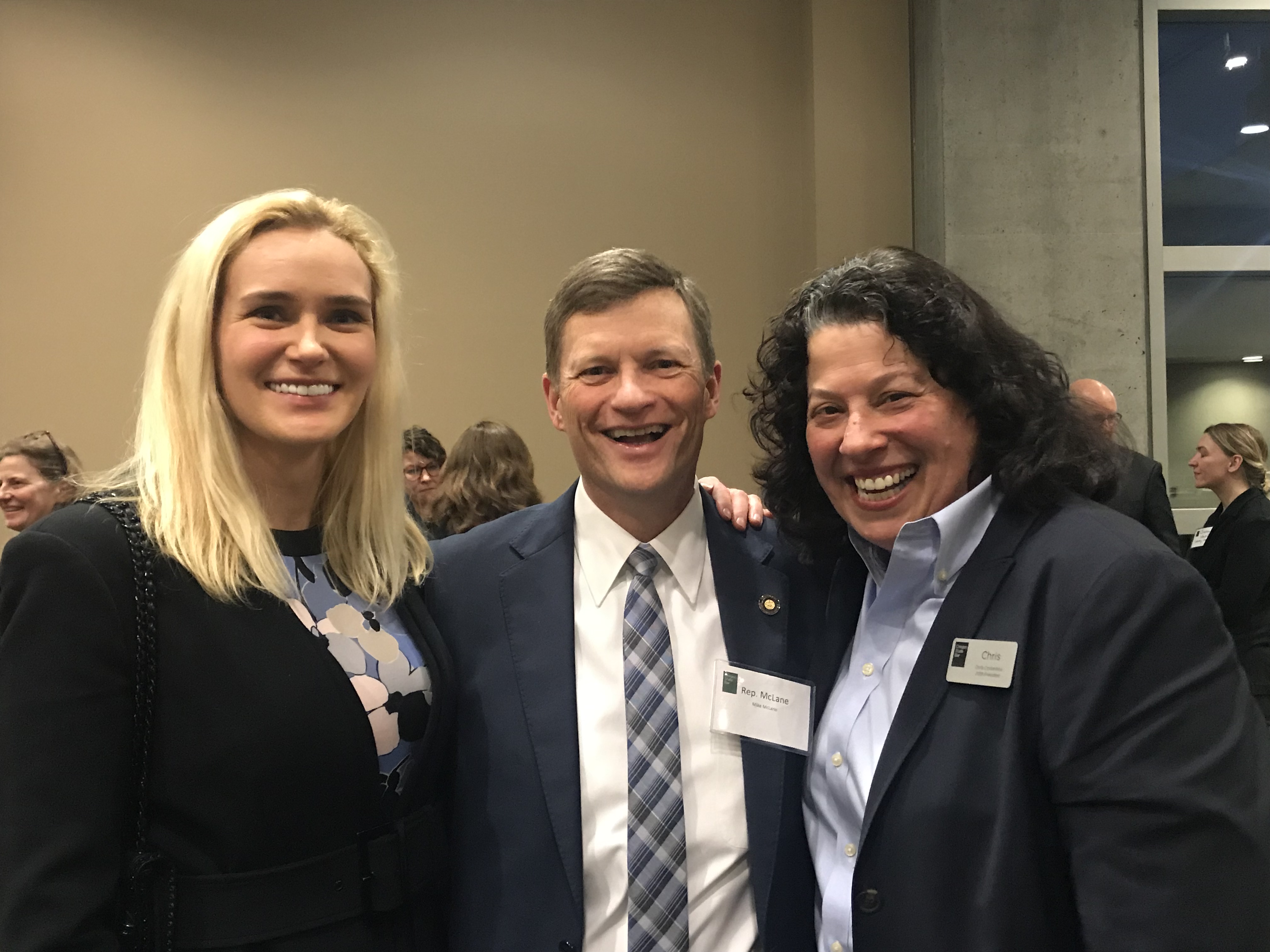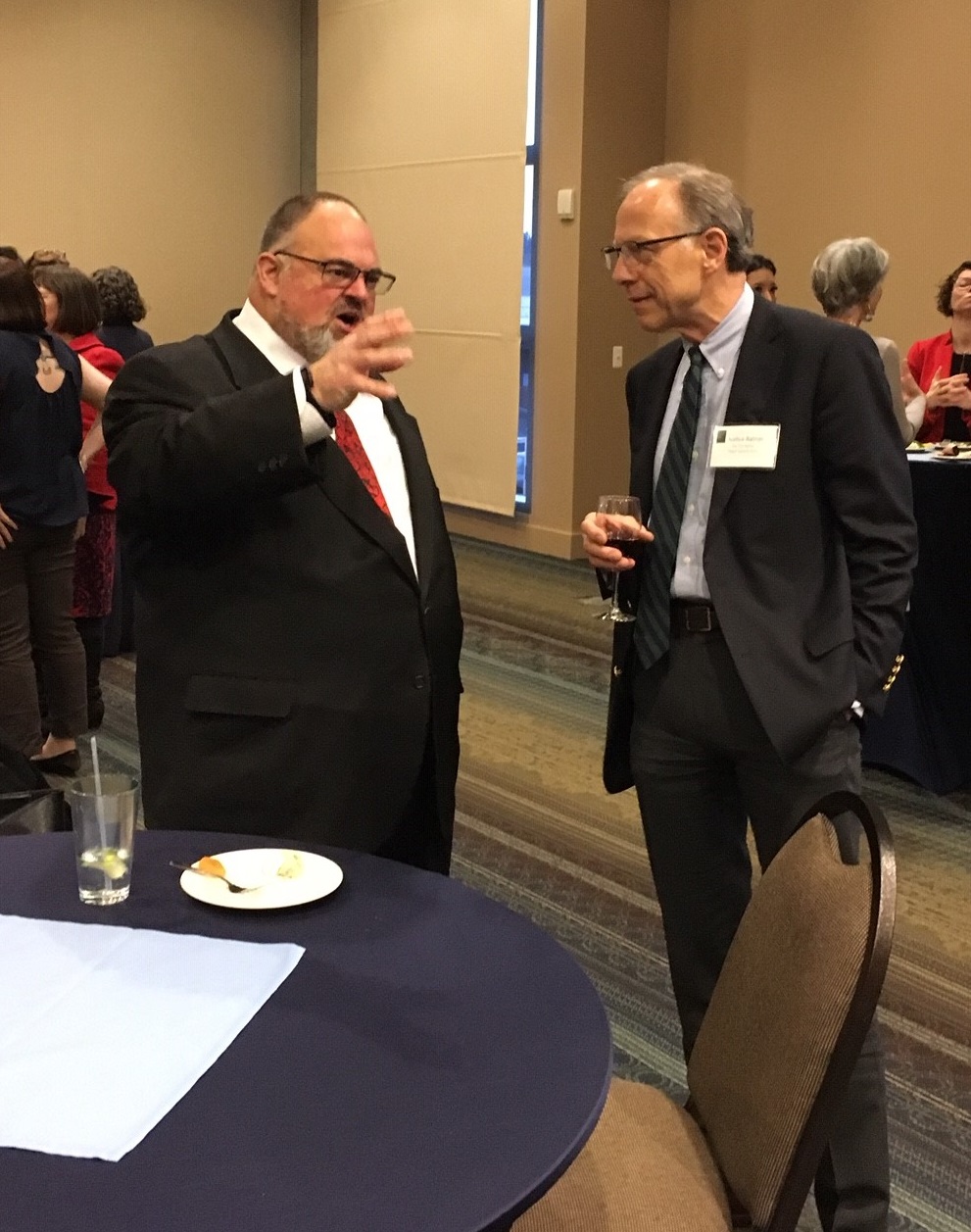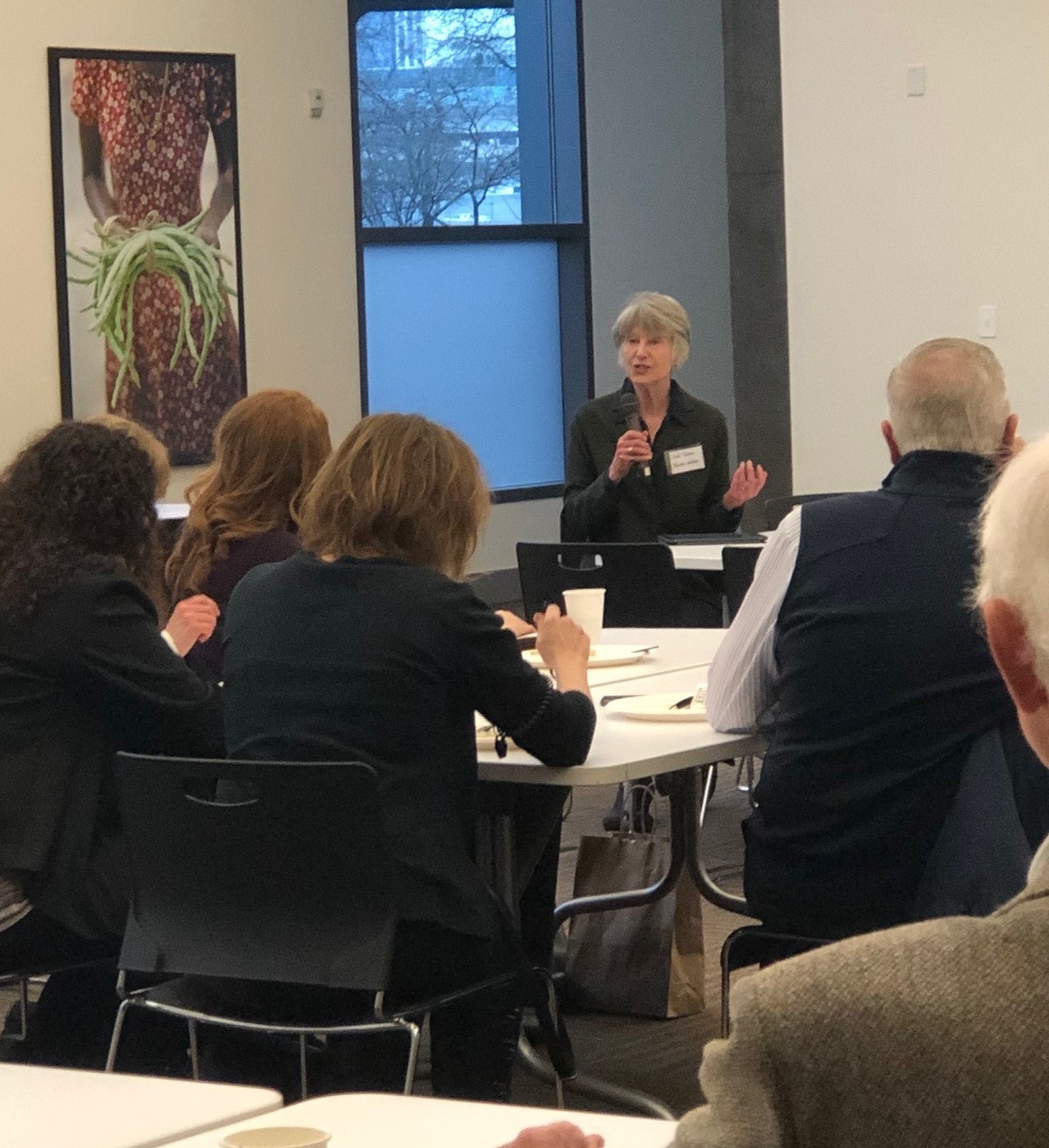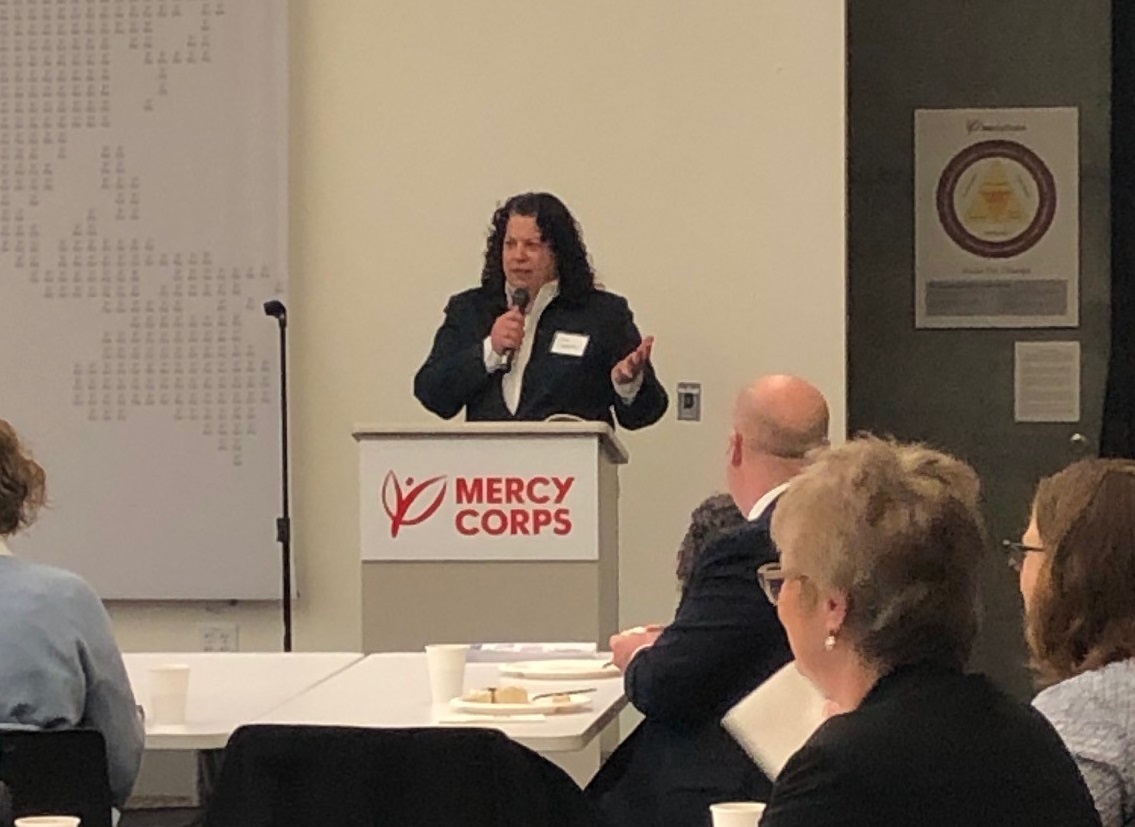Table of Contents
Oregon State Bar Outreach on Oregon’s New Housing Laws
The Oregon State Bar recently partnered with Oregon Housing and Community Services to help landlords and tenants better understand recent changes to Oregon law, with a focus on SB 608. The Bar has developed written and video materials as well as hosted a seminar for members of the public. All legal information topics, including landlord–tenant law, can be found on the Oregon State Bar’s Public page.
On July 10, 2019, the Bar hosted a free seminar for the public, addressing the changes found in SB 608. Timothy Murphy from the Murphy Law Group and Troy Pickard from Portland Defender gave a 90-minute seminar geared toward educating residential landlords about legal changes to Oregon’s new landlord–tenant laws. A streaming video of the seminar “Legal Q&A: An Update to Landlord/Tenant Law in Oregon” is posted on the Bar’s website along with course materials.
The Bar has also produced shorter, issue-specific videos including:
These videos are in the process of being translated from English to Spanish, Chinese, Russian, and Vietnamese and should be available by the middle of the month. These can be found in the Legal Q&A Video Section or on the Landlord and Tenant Law page.
Finally, the Bar has created the pamphlet, “New Rules for Landlords”, which is currently available for download. This document is currently available in English, Spanish, Chinese, Russian, and Vietnamese.
Governor Signals She May Veto 2019 Legislation
On August 4, 2019, Governor Brown announced that she is considering using her veto powers on legislation and spending provisions passed during the 2019 legislative session.
The Governor is considering vetoing HB 2437, which addresses the amount of materials that may be excavated from agricultural ditches without a state permit.
In addition, the Governor is considering three line-item vetoes:
-
-
- A $4,000,000 appropriation for the City of Newport for planning, environmental permitting, and design costs of replacing the Big Creek Dams. (HB 5050, Sec. 82(1)(1)),
- A $500,000 appropriation for the Association of Oregon Counties for urban growth boundary planning grants for eastern Oregon counties. (HB 5050, Sec. 115 (11)), and
- A $5,000,000 transfer of funds from the Oregon Medical Board to the state’s General Fund for general government purposes. (HB 2377, Sec. 6)
-
Additional information on the proposed vetoes can be found on the Governor’s Media Room page. The final decision will be made on or before August 9, 2019.
When a Bill Becomes a Law
On Sunday, June 30, 2019, the House and Senate adjorned sine die and the legislative session closed. After the legislature adjourns, there are still a few steps each piece of legislation needs to complete.
Governor’s Signature. During the legislative session, the Governor has five business days to veto whole bills or “single items in appropriation bills.” For bills that are passed in the last five days of session, the Governor has 30 business days to veto a bill. A bill may pass without the Governor’s signature. If the 30 days have passed and the Governor has not vetoed the bill, it is presumed signed. This year the Governor has until August 9, 2019 to issue a veto.
Effective Date. In Oregon, the default effective date for a bill is January 1 of the following year. This session, a bill without a specifically noted effective date in the text of the legislation will have an effective date of January 1, 2020.
Some bills, many of them from the legislature’s budget committee, the Joint Ways and Means Committee, will have an emergency clause. An emergency clause makes the bill effective upon passage, that is, when either the Governor proactively signs the bill or either 5 or 30 days have passed and the bill was not vetoed.
Other bills, for example, bills that raise revenue, can have an effective date of 91 days after sine die. This year, 91 days after sine die is September 29, 2019.
The fourth option is to have a specific effective date identified within the text of the bill. In some circumstances, different sections of a bill will have different effective dates. Also, note that some bills will have both an effective date and an operative date. In many circumstances, this is used to allow state agencies the opportunity to develop administrative rules.
Resources. Information on a bill can be found in the Oregon Legislative Information System. For bills passed during the 2019 Legislative Session, click on the “Bills” icon on the upper right hand corner and enter the bill number. For a quick analysis of legislation tracked by the Oregon State Bar, look for the 2019 issue of Legislation Highlights, which will be published this fall.
UTCR Updates Process for Debt Buyers and Debt Collectors
On August 1, 2019, changes to Uniform Trial Court Rule (UTCR) 5.180 and UTCR 15.030 went into effect. UTCR 5.180(2) places requirements on debt buyers and debt collectors acting on behalf of debt buyers. UTCR 5.180(3) places requirements on all other debt collection cases. UTCR 15.030 makes those requirements applicable to small claims debt collection cases. UTCR 5.180 and UTCR 15.030 are the result of recommendations made by the Oregon Civil Justice Improvements Task Force, which included judges, trial court administrators, attorneys from multiple disciplines and geographic areas across the state, representatives from the Oregon State Bar, and support staff from the Oregon Judicial Department. For additional information on the changes, go to the Oregon Judicial Department’s UTCR web page.
- Back to top
2019 Legislation Highlights to Be Published this Fall
This fall the Oregon State Bar will be releasing the 2019 Oregon Legislation Highlights. Each year the Bar produces a book detailing many of the more significant bills passed by the legislature during the recently completed session. Bill summaries are arranged by topic, allowing lawyers to easily review those that may be relevant to their practice. Summaries are authored by other attorneys who are experienced in the area of law on which they are writing, and often include useful practice tips for lawyers who are working with the new laws. Legislation Highlights is available free online for Bar members through BarBooks. Editions from previous years are also available and can be an invaluable tool for a lawyer researching past legislation. If you have any questions or need more information about the 2019 Legislation Highlights, please contact the Bar’s Public Affairs Department.
- Back to top
Archives
Thank you for reading the Oregon State Bar’s CAPITOL INSIDER.
The archives are available here.2019 Public Affairs Committee Members
Eric Foster, Chair
Eddie Medina, Vice Chair
Whitney Boise
John Bachofner
Kate Denning
Kamron Graham
Bik-Na Han
Michael RondeauPublic Affairs Department
Susan Grabe, Public Affairs Director
Amy Zubko, Public Affairs Legislative Attorney
Matt Shields, Public Affairs Staff Attorney
Kellie Baumann, Public Affairs Assistant

